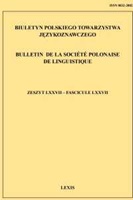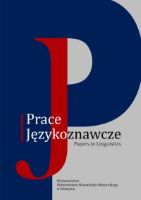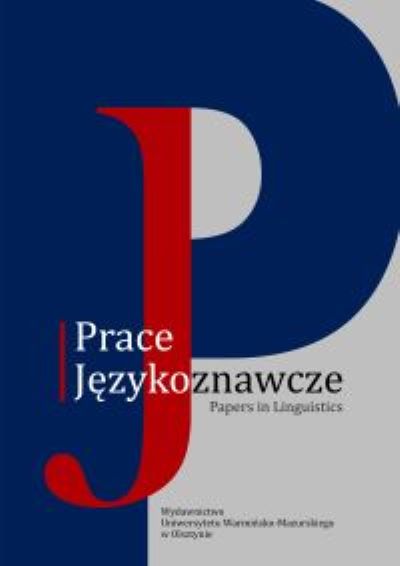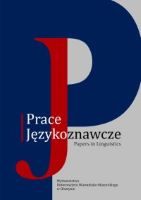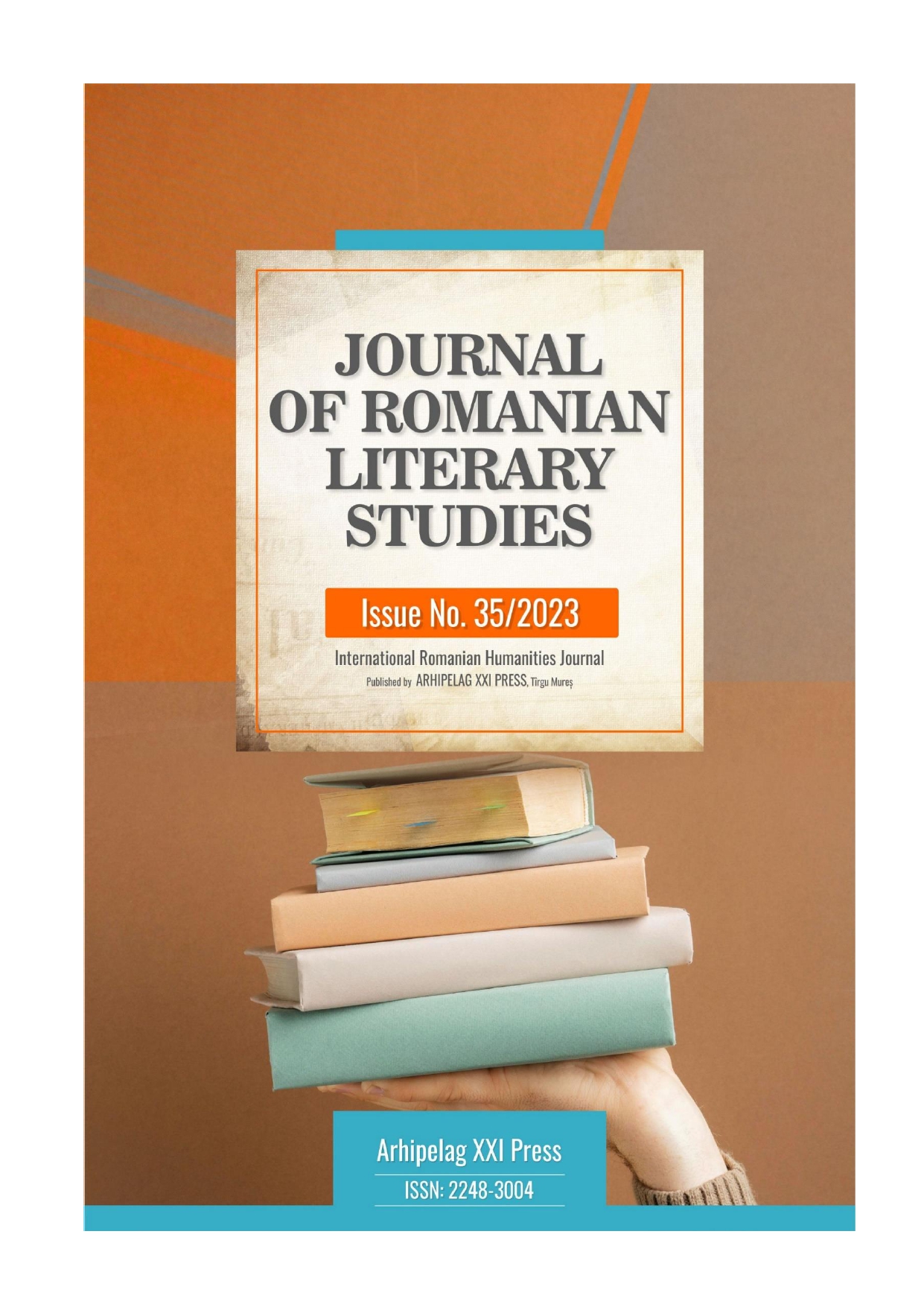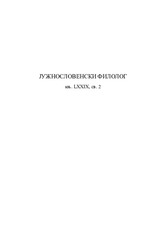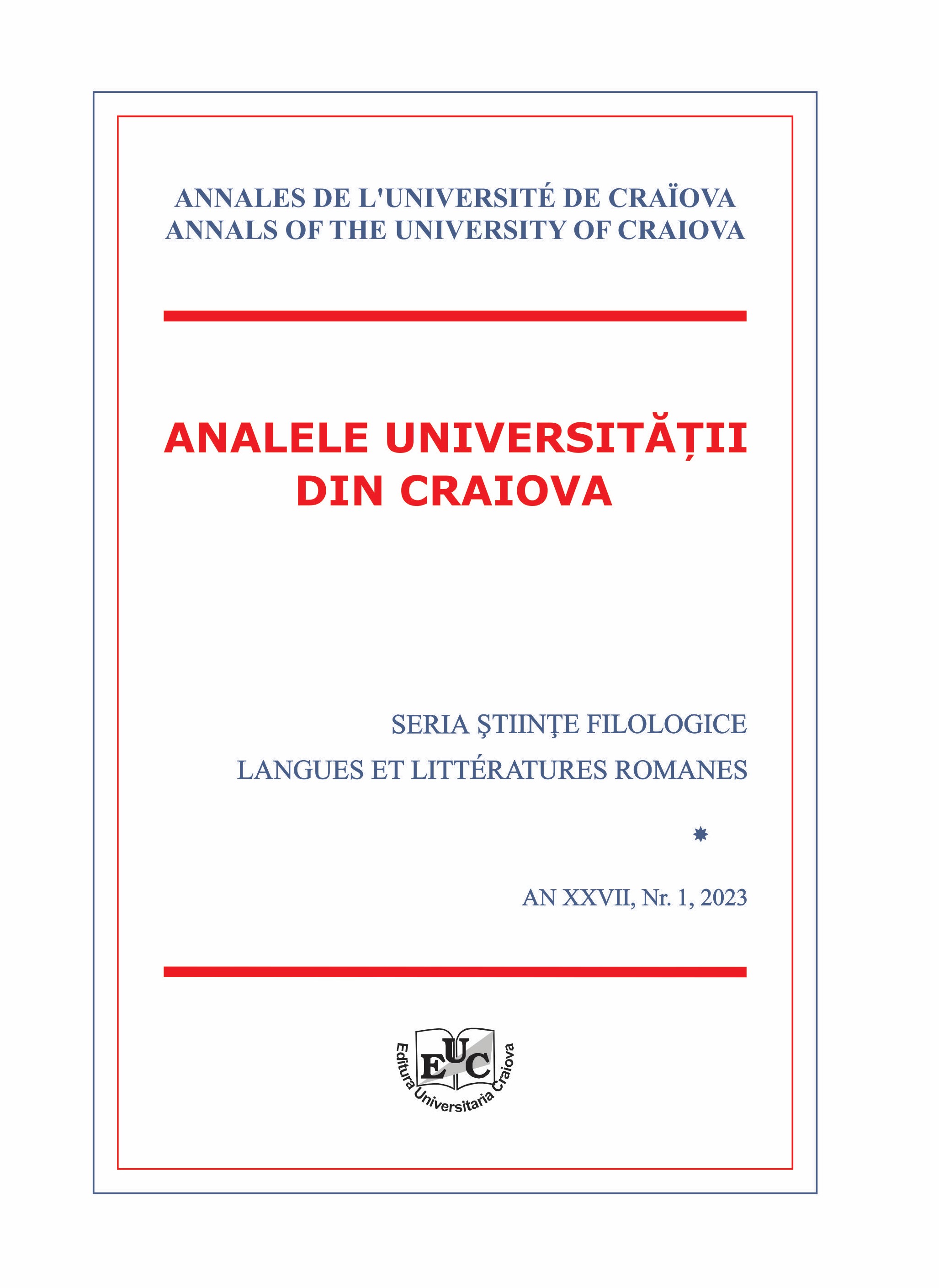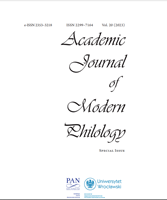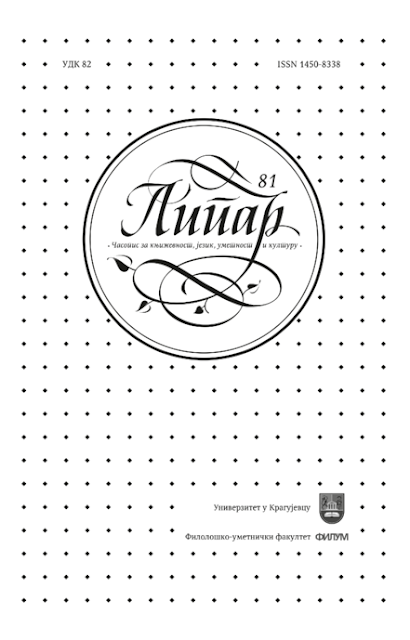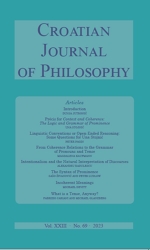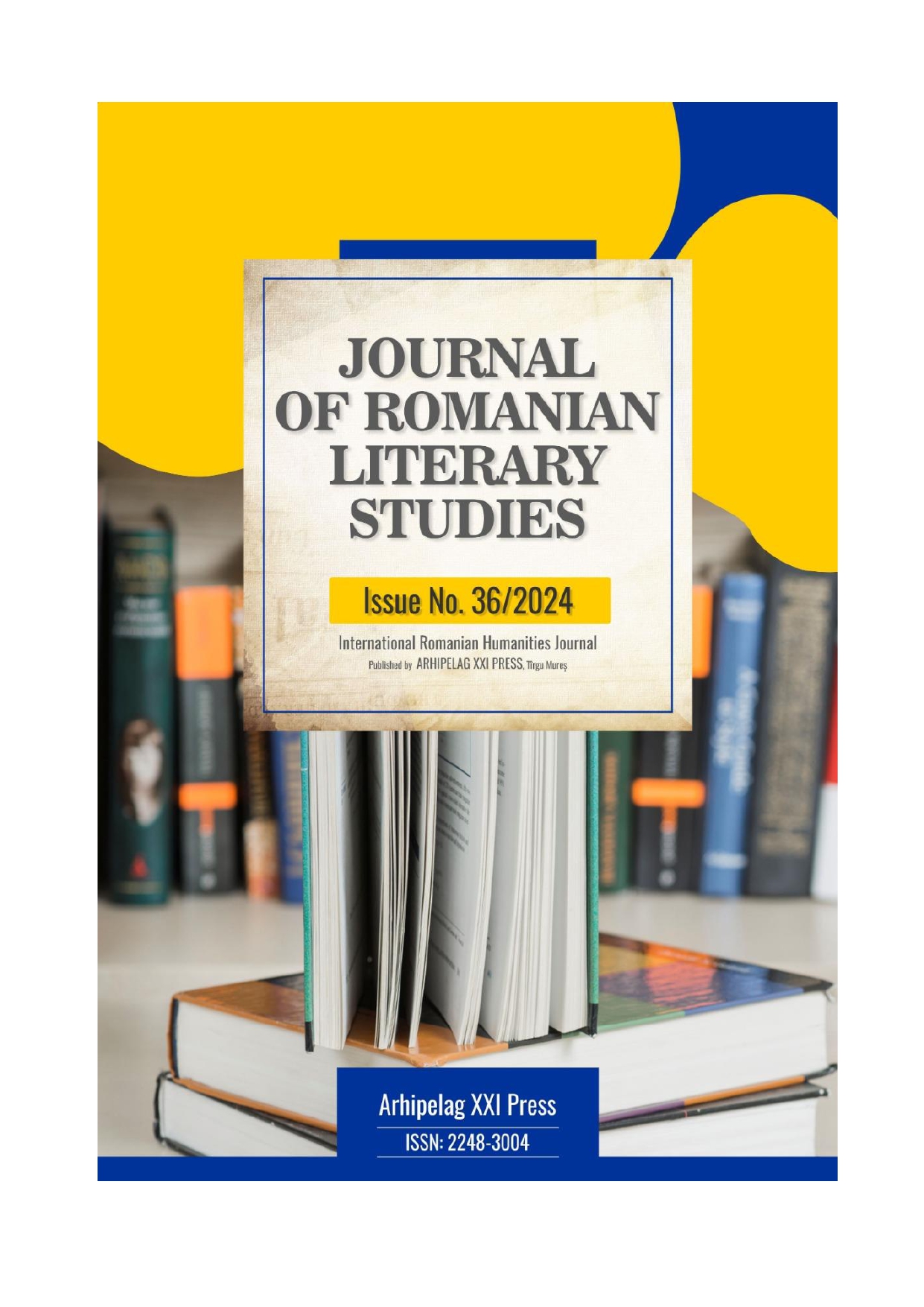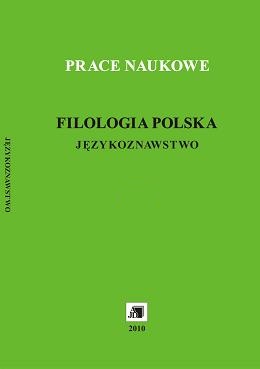
Ісламізми-власні назви в українських перекладах Корану
The article is devoted to analyzing proper nouns semantically connected with Islam, which appear in five Ukrainian translations of the Quran. Those words will be divided into anthroponyms, theonyms, names of angels and genies, toponyms, religious books names, names connected with eschatology. Proper nouns of Islamic origin are unadapted and appear on the periphery of the Ukrainian linguistic system, not belonging to the register of Ukrainian dictionaries (apart from certain words); the area of their use is limited to the Quran and specialized literature connected with Islam and the Islamic word. Such words have numerous graphical and orthographical variants and are unclear and incomprehensible for a majority of the Ukrainian language users.
More...
